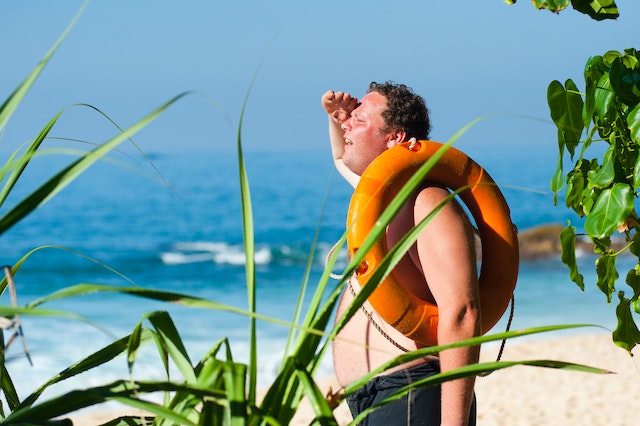Hot weather can often leave us feeling tired and sluggish. This is because our bodies have to work harder to regulate our internal temperature and keep us cool. Several factors contribute to this phenomenon, and understanding the science behind it can help shed light on why we feel more tired in hot weather.
- Increased metabolic rate: When exposed to high temperatures, our bodies increase their metabolic rate to produce more energy for cooling. This elevated metabolic activity can lead to increased fatigue as our bodies work harder to generate the required energy.
- Dehydration: Hot weather can cause excessive sweating, leading to fluid loss and dehydration. Dehydration affects the volume of blood in our bodies, making it thicker and harder to pump. This puts additional strain on the heart, leading to feelings of fatigue and exhaustion.
- Sleep disturbances: High temperatures can disrupt our sleep patterns. It’s harder to fall asleep and stay asleep in a hot and uncomfortable environment. Poor quality sleep can leave us feeling tired and groggy during the day.
- Increased cardiovascular stress: Heat causes blood vessels to dilate, allowing for better heat dissipation through the skin. This dilation redirects blood flow from internal organs to the skin’s surface, leading to increased cardiovascular stress. As a result, the heart has to work harder to maintain adequate blood flow to all organs, which can contribute to fatigue.
- Electrolyte imbalances: Sweating in hot weather causes the loss of essential electrolytes such as sodium, potassium, and magnesium. These electrolytes play a vital role in muscle function, nerve transmission, and overall energy production. Imbalances in electrolyte levels can lead to muscle weakness, cramps, and fatigue.
- Heat-related illnesses: In extreme cases, hot weather can lead to heat-related illnesses such as heat exhaustion or heat stroke. These conditions are characterized by excessive fatigue, dizziness, and weakness due to the body’s inability to cool down effectively.
To combat fatigue in hot weather, it is important to stay hydrated by drinking plenty of fluids, preferably water, throughout the day. Wearing lightweight and breathable clothing, using fans or air conditioning, and seeking shade can help minimize the impact of hot weather on your energy levels. Additionally, getting enough quality sleep in a cool environment is essential for combating fatigue.
Remember, if you experience severe fatigue, dizziness, or other symptoms of heat-related illnesses, it’s crucial to seek medical attention immediately.












